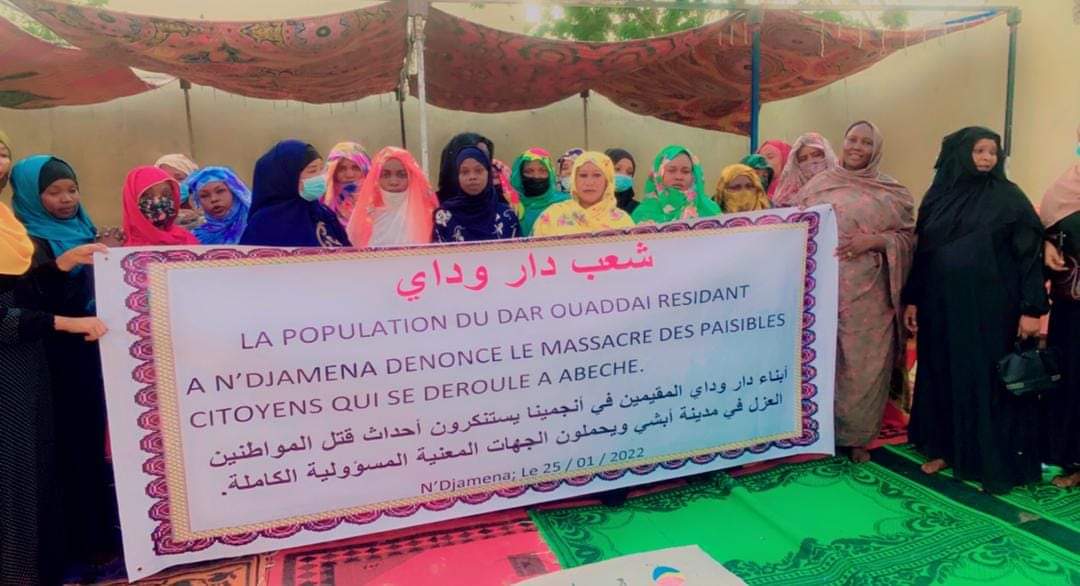
At least 14 protesters were killed in Chad’s Ouaddai province Jan. 28, climaxing several days of mounting violence and unrest. Protests broke out in provincial capital Abéché after the central government suspended the powers of Ouaddai’s traditional sultan, Cherif Abdelhadi Mahdi. The appointed prefect of the province is to assume his traditional powers over the ethnic Ouaddai community. The traditional Ouaddai chieftain of the locality of Bani Halba has also had his powers dissolved by decree. The appointed replacements are apparently to be Arabs, exacerbating tensions between the Arab and ethnic Ouaddai communities. Local rights groups say some were killed by security forces in the preceding days’ protests as well, and are demanding an investigation. The heretofore autonomous sultanate of Dar Ouaddai is a survival of the Wadai Empire, which ruled much of the region from the 15th century through the consolidation of French colonial rule in 1914. (TchadInfos, AlWihdaInfo, AFP)
Cherif Abdelhadi Mahdi was himself appointed by the central government in August 2019, replacing the previous sultan, Ibrahim Mahamat Ourada II. This also sparked local protests, and the sultan’s palace was occupied by army troops during the transition. Recent years have seen sporadic violence in the province between Ouaddai farmers and Arab and Zaghawa herders, exacerbated by shrinking water resources. (TchadInfos, Pulse News Agency)
Chad’s ruling junta announced Jan. 27 that a national forum designed to chart the country’s future following last year’s seizure of power will be postponed by nearly three months. An “inclusive national dialogue” that the junta had announced on New Year’s Eve would start Feb. 15 “is postponed until May 10,” the presidency said on Facebook, without giving further details. Preliminary talks in Qatar with armed Chadian rebel groups, aiming at bringing them into the dialogue, have also been postponed. (AFP)
Photo via Twitter




